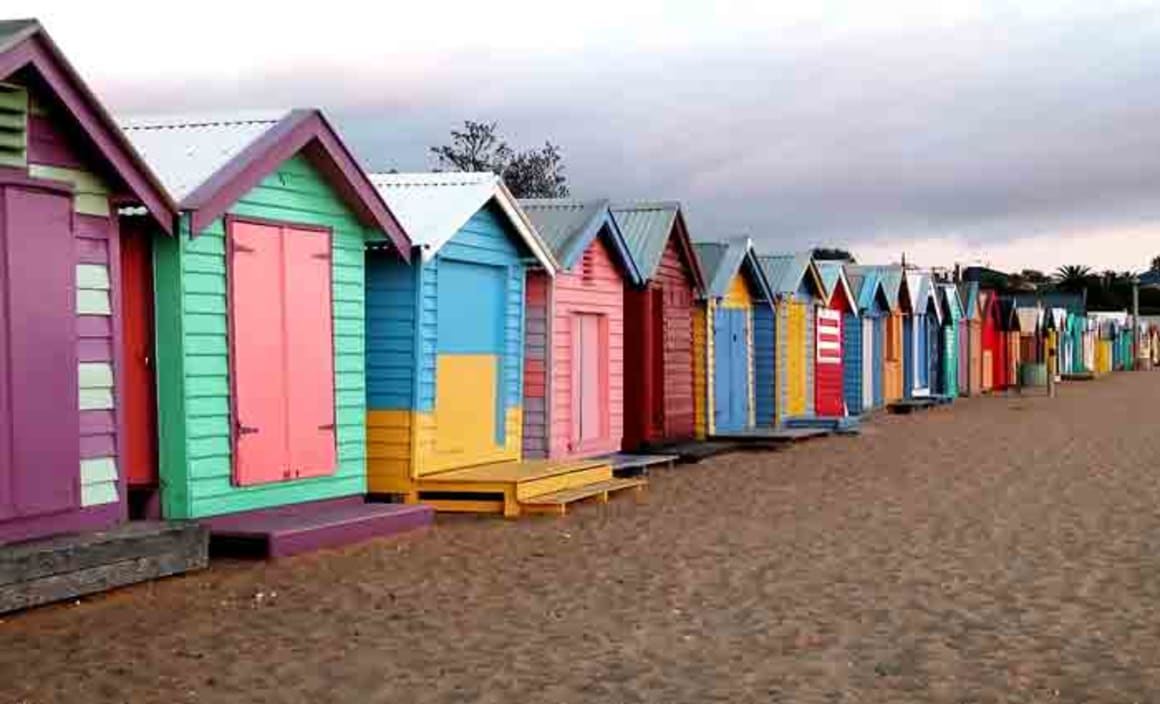Holiday home could be financial black hole

Despite longingly looking into estate agency window displays for beach shacks whenever we are holidaying up or down the coast, most of us baulk at buying.
Nationally around 560,000 Australians have a holiday home.
Melburnians twice as likely to have a holiday home, data from Roy Morgan Research suggests.
It found five percent Melbourne residents have one compared to 2.8 percent of people in Sydney.
They can, after all, be pricey and problematic.
Over the Easter break, I was weighing up their pros and cons recalling the analysis of Pitcher Partners accountant David Staples cautioning would-be buyers to do the sums as rather than offering sanctuary and status, the reality could be a financial black hole.
“It’s generally a lifestyle choice rather than an investment,” he suggested.
The much voiced downside owners actually complain about is that all their time is spent fixing up and maintaining their holiday homes and not enough on the leisure side.
Then there's also the daily obligations of cooking, cleaning and laundry.
Getting the food, booze and other supplies from a local shopping centre amidst hoardes of holidaymakers can be a endurance test.
Rental returns typically can cover most costs - from maybe around eight to 10 weeks a year with renting demand lower during off season when the owner gets to enjoy the cooler conditions in their musty clothes.
Normally you'd expect a net annual yield of no more than 2 percent, even if commanding weekly rents of $2000 plus in peak periods.
Of course there's always the chance of using the income for a quick ski trip to Whistler while the tenants swat away the Christmas holiday blowies.
But the expectations of holiday guests has risen so costly household items once considered extras such as air-conditioning, a dishwasher and a huge gas barbeque are now essential.
The Nepresso machine will soon be mandatory for the vacation crowd.
Being in one location for vacation year after year can be a delight for some, safe and routine with a good book selection to catch up on, along with the scrabble and monopoly board games.
Providing just the necessary break from the hustle and bustle of the city for disconnected families, ideally, its driving distance from Sydney should not be much further than two hours if it's a true weekender.
Senior executives who take their laptop workload can enjoy regular long weekends - and envisage their eventual seamless sea change shift.
For others constantly returning to the same holiday spot is not on.
Especially when inexpensive travel deals offer destinations with hotels and resorts providing high end holiday options and staff that take care of everything.
According to Pitcher Partners, the money spent on an average holiday house could pay for about 90 days a year in a quality hotel.
The owner would need to spend their four week annual holidays, 10 public holidays and 19 weekends at the holiday home to justify the cost.
This article was first published in the Saturday Daily Telegraph.